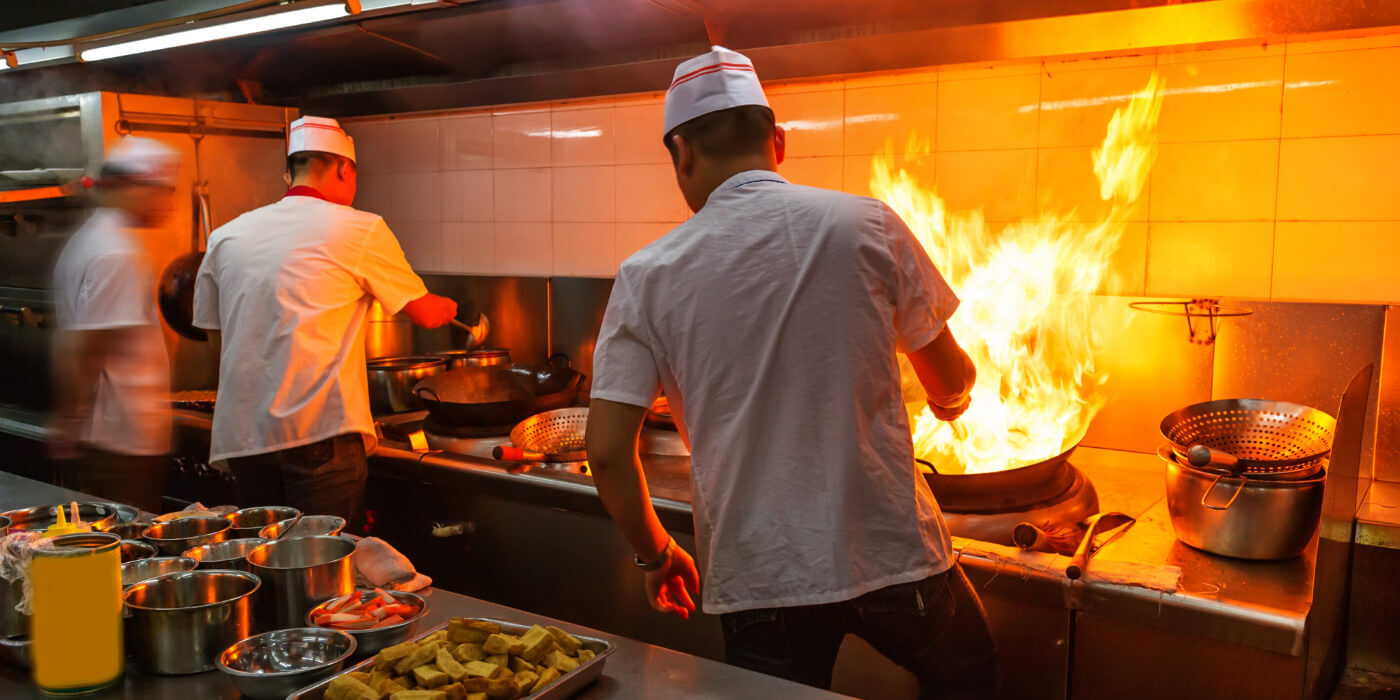Skilled Worker Visa Cuts Threaten UK Hospitality Industry
Posted by Emma on 4th Jul 2025 Reading Time:
The UK hospitality industry faces an uncertain future as the government prepares sweeping changes to the Skilled Worker visa scheme, potentially excluding key roles from overseas recruitment. Under a new proposal set to take effect on 22 July 2025, the qualification threshold for skilled worker visas will be raised to RQF Level 6, equivalent to a university degree. This shift could remove more than 100 occupations from eligibility—including vital roles in pubs, restaurants, and hotels.
Skilled Labour Access Set to Shrink
Positions such as chefs, bakers, pub managers, bar staff, café and restaurant managers, and other frontline hospitality roles are currently eligible under the Skilled Worker route at RQF Level 3 (equivalent to A-level). However, under the updated rules, these roles are no longer eligible. Businesses hoping to fill vacancies from abroad will be left with a sharply reduced talent pool.
The government has identified 180 roles that will be stripped of eligibility, with none from the hospitality sector included on the revised Temporary Shortage Occupation List—a short-term measure lasting until April 2026. Roles remaining eligible will not benefit from previous incentives, such as lower salary thresholds or reduced visa fees. Critically, applicants will no longer be permitted to bring family members to the UK.
A Sector Already Under Pressure
The changes come at a time when the hospitality sector is reeling from sustained labour shortages, soaring costs, and inflationary pressures. The government’s Immigration White Paper reveals that between April 2024 and early 2025, 7,000 visas were granted for food service and accommodation roles below RQF 3, while fewer than 500 were issued for RQF 6 and above.
Speaking on the issue, UKHospitality Chief Executive Kate Nicholls stressed the need for a long-term strategy:
“We understand the government’s intention to reduce migration, which comes on the back of additional restraints on hospitality last year.
“When imposing these restrictions, the government has to bring forward an employment and skills strategy to drive domestic recruitment further.
“Hospitality recruits more than three-quarters of its workforce from within the UK, and measures like apprenticeship levy reform, the introduction of foundational apprenticeships and investment in pre-employment training can allow us to go even further.
“Against a backdrop of £3b in additional employment costs hitting hospitality businesses, such a strategy is critical if the government is to achieve its goal of getting more people out of welfare and into work.”
“A Complete Reset” in Immigration
Home Secretary Yvette Cooper described the change as a necessary course correction:
“We are delivering a complete reset of our immigration system to restore proper control and order after the previous government allowed net migration to quadruple in four years. These new rules mean stronger controls to bring migration down to restore order to the immigration system, and to ensure we focus on investing in skills and training here in the UK.”
But within the hospitality industry, where up to 63% of London-based roles were filled by non-UK workers in 2024, the timing and severity of these reforms feel disconnected from operational realities. Foreign staff have been a lifeline post-Brexit, and many businesses argue that the government is closing the door on practical solutions while offering few viable alternatives.
The Financial Fallout
In addition to the new skill criteria, salary thresholds are also climbing. From April 2025, the general salary threshold for new skilled worker applicants will rise from £38,700 to £41,700. For those already in the system, a slightly lower but still steep threshold of £31,300 will apply. This will force many employers to reconsider whether to retain staff they’ve already invested heavily in—potentially driving up costs or reducing service levels.
And this is only the beginning. The government has signalled further increases to the Immigration Skills Charge and more challenging English language requirements in the coming months.
A Strategic Misstep?
The changes fall under the government’s broader “Plan for Change”, aimed at reducing dependence on lower-skilled migration. Yet critics argue that slashing the supply of foreign workers without first establishing robust domestic training pipelines will leave businesses—particularly those in the hospitality sector—struggling to survive.
Recent efforts such as the Sector-based Work Academy Programme (SWAP), which aims to deliver 100,000 domestic hospitality placements, are widely viewed as insufficient to meet demand. With visa reform implementation just weeks away, there’s concern that these policies amount to “a sticking plaster on a gaping wound”.
Whether the industry can adapt quickly enough to avoid widespread disruption remains to be seen. But one thing is clear: the hospitality sector is entering a pivotal period—one that will test its resilience, resourcefulness, and long-term viability under shifting immigration rules.






